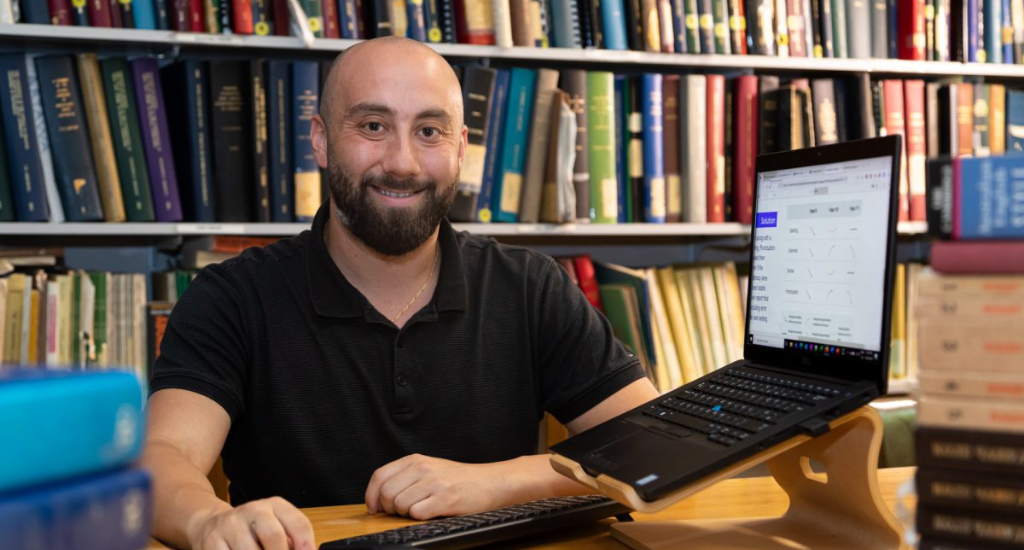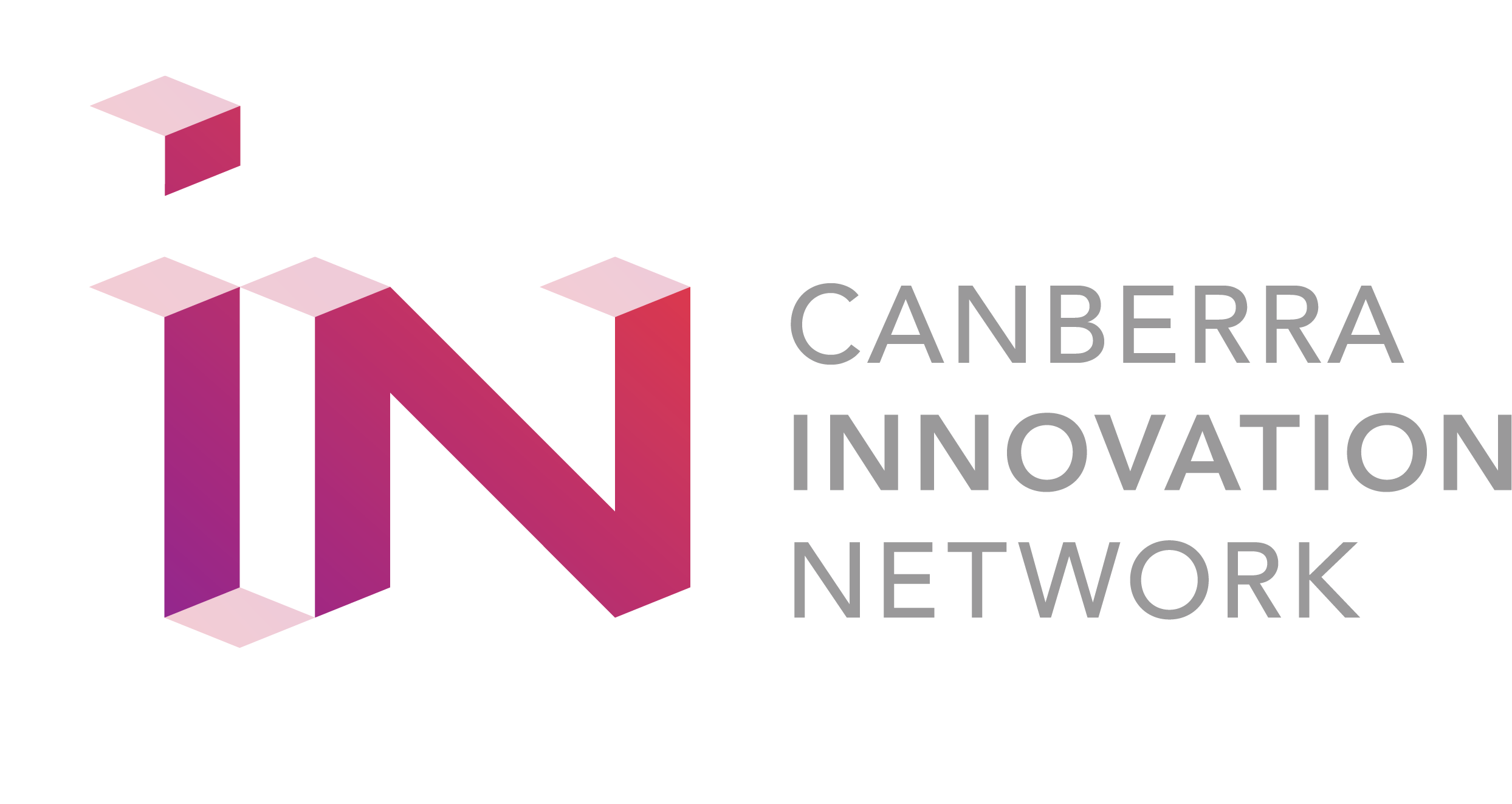- 2 February 2023
- Posted by: Ben Garrett
- Categories: Feature, General News, Innovation Connect Grant

Immersed in a PhD in linguistics at ANU, Charbel El-Khaissi was troubled by reports of Australia’s declining trend in school literacy levels.
NAPLAN data from 2011 to 2018 indicated a cumulative decline in writing competency among students.
“I wanted to know why,” Charbel said.
“When I asked teachers how they knew if a student’s writing performance was declining, most said they only had a general impression. One told me that in an ideal world, she’d access historical samples to compare a student’s output month to month, year to year and figure out the trends.
“However, as we all know our teachers are already overworked. They barely have the time to provide feedback on a single essay let alone access historical writing samples to analyse and try and detect writing deterioration.”
This lightbulb moment for Charbel resulted in his start-up, Penwell.
In development, Penwell is a diagnostic tool for writing competency.
Students grant the web application access to their school drive and the algorithm analyses all written documents stored there. The tool is smart enough to differentiate and filter out texts not written by the user. Furthermore, by retrieving the metadata of written content, it can instantly catalogue their writing in chronological order.
It then spits out a detailed dashboard using specialised linguistic analysis to identify declining writing areas.
“In one experiment we did with an HSC student in Sydney, we found he had written 750,000 words on various topics over three years from 2019 to 2021, all of which was just sitting on his laptop not being used,” Charbel said.
“Based on that, we estimated that he would’ve written one million words across his high school journey. It’s shocking to think that when assessing that student’s performance, we would judge his competency based on 2000 words or 0.2 per cent of everything he’s written at school.
Charbel said the tool could be a game-changer for educators but also students, enabling them to “run their own race”.

Educators may soon have the means to get a more accurate analysis on a student’s writing capabilities in real time. Photo: DGLimages/iStock.
“We already have many ways of comparing and benchmarking students and schools with each other. Penwell allows a student to see how they compare to themselves a year ago, two years ago and so on,” he explains.
“It builds a linguistic profile of student errors over time and that profile is unique to each student. From an educational point of view, we can use that to tailor lessons and programs specific to that student’s needs.
“Down the track, Penwell could become a tool that sits in the school infrastructure network analysing thousands of words generated by students daily. We’re talking dashboards for teachers, notification systems alerting educators to problems in real time or detection of clusters of students declining in a common area, or with common issues.
“It may also assist in an emerging problem of great concern – detecting artificial intelligence-generated copy.
“The possibilities are endless.”
With a working prototype of Penwell down pat, Charbel is ready to move into the next phase – developing it into a web application, with an expected release date in November this year.
“This requires funding, such as the Innovation Connect Grant we received last year,” he said.
An ACT Government grant facilitated by the Canberra Innovation Network, the Innovation Connect Grant is an early stage match funding grant to support the market testing, prototyping, patenting and commercial feasibility of recipients’ concepts.
Grant amounts range between $10,000 and $30,000.
He was successful and received $10,000 in match funding through the grant.
“It felt like a door had been opened or like I’d passed through a significant checkpoint,” Charbel said.
“It’s not just because of the money, which is obviously critical, but also the validation.”
To learn about the Innovation Connect Grant, book an introductory meeting with one of the Canberra Innovation Network team members today.
Article originally posted by RiotAct and written by Dione David.

